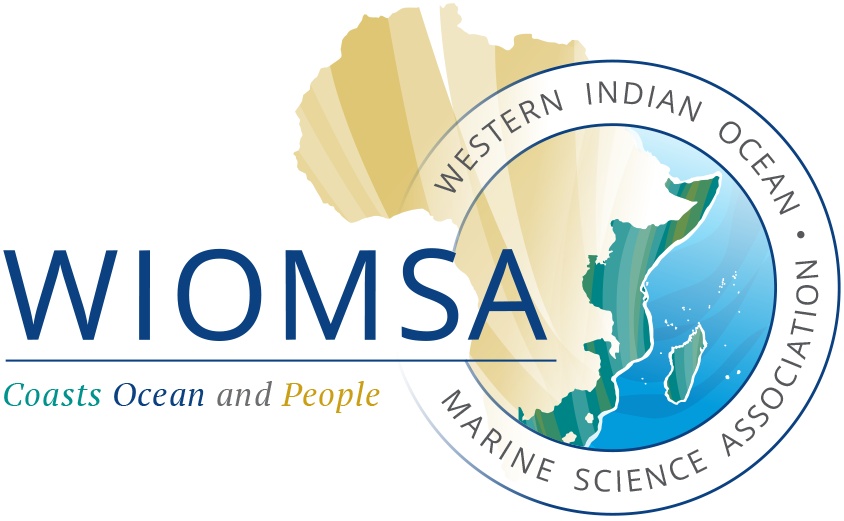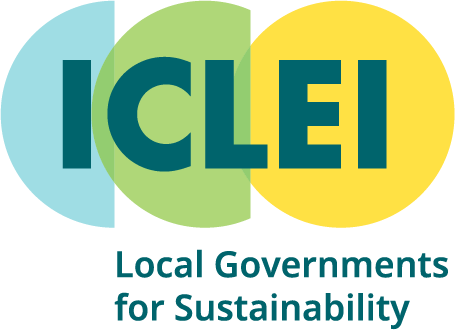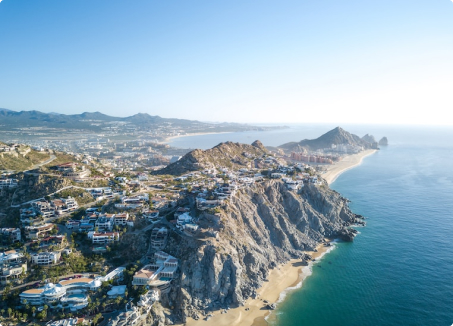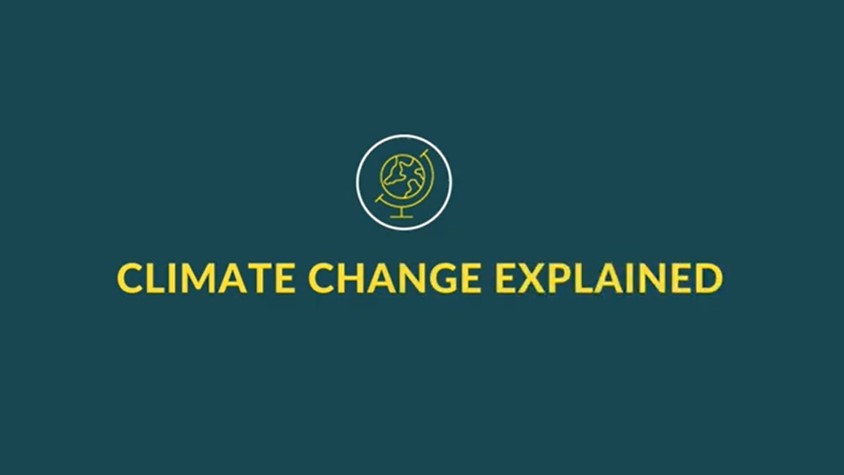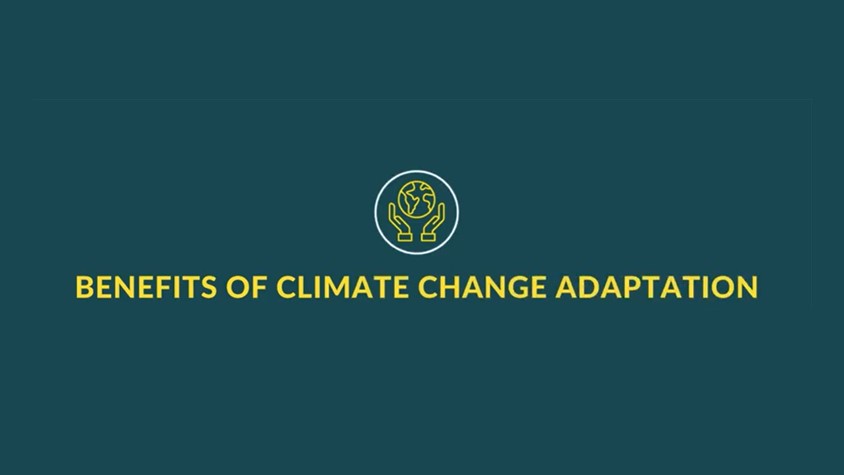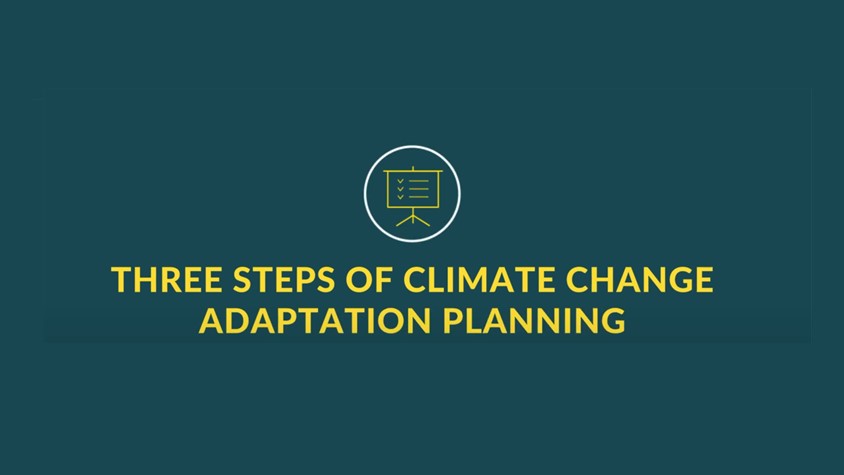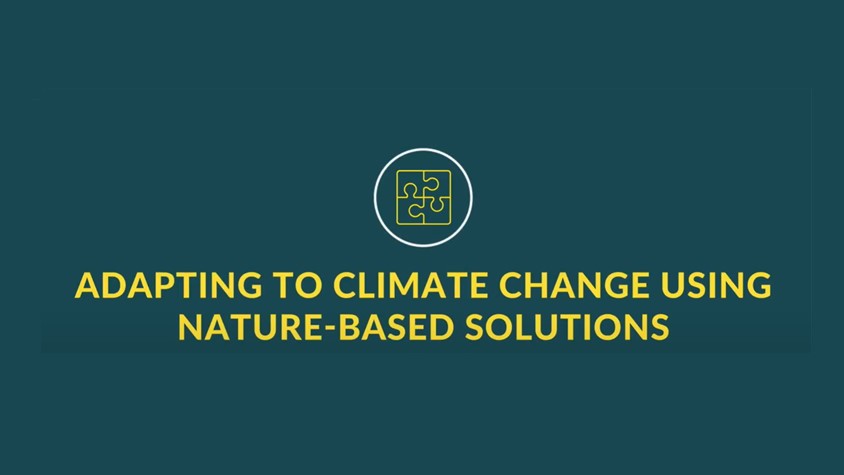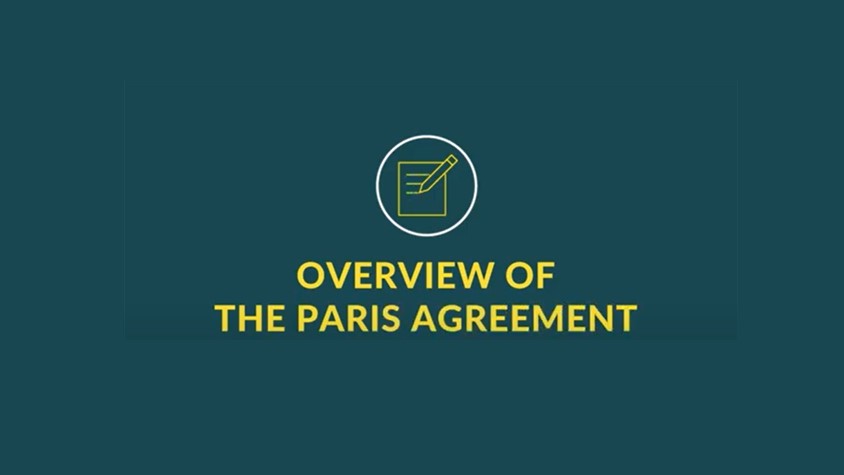This Community of Practice is proudly sponsored by WIOMSA with funding from the Government of Sweden.
The Western Indian Ocean Marine Science Association (WIOMSA) was established as a regional, non-profit, membership organization in 1993 and registered in Zanzibar, Tanzania in 1994 as a non-governmental organization. The organization is dedicated to promoting the educational, scientific and technological development of all aspects of marine sciences throughout the Western Indian Ocean (WIO) region (consisting of 10 countries: Somalia, Kenya, Tanzania, Mozambique, South Africa, Comoros, Madagascar, Seychelles, Mauritius, Réunion (France)), with a view toward sustaining the use and conservation of its marine resources. WIOMSA has a particular interest in linking the knowledge that emerges from research to the management and governance issues that affect marine and coastal ecosystems in the region.
